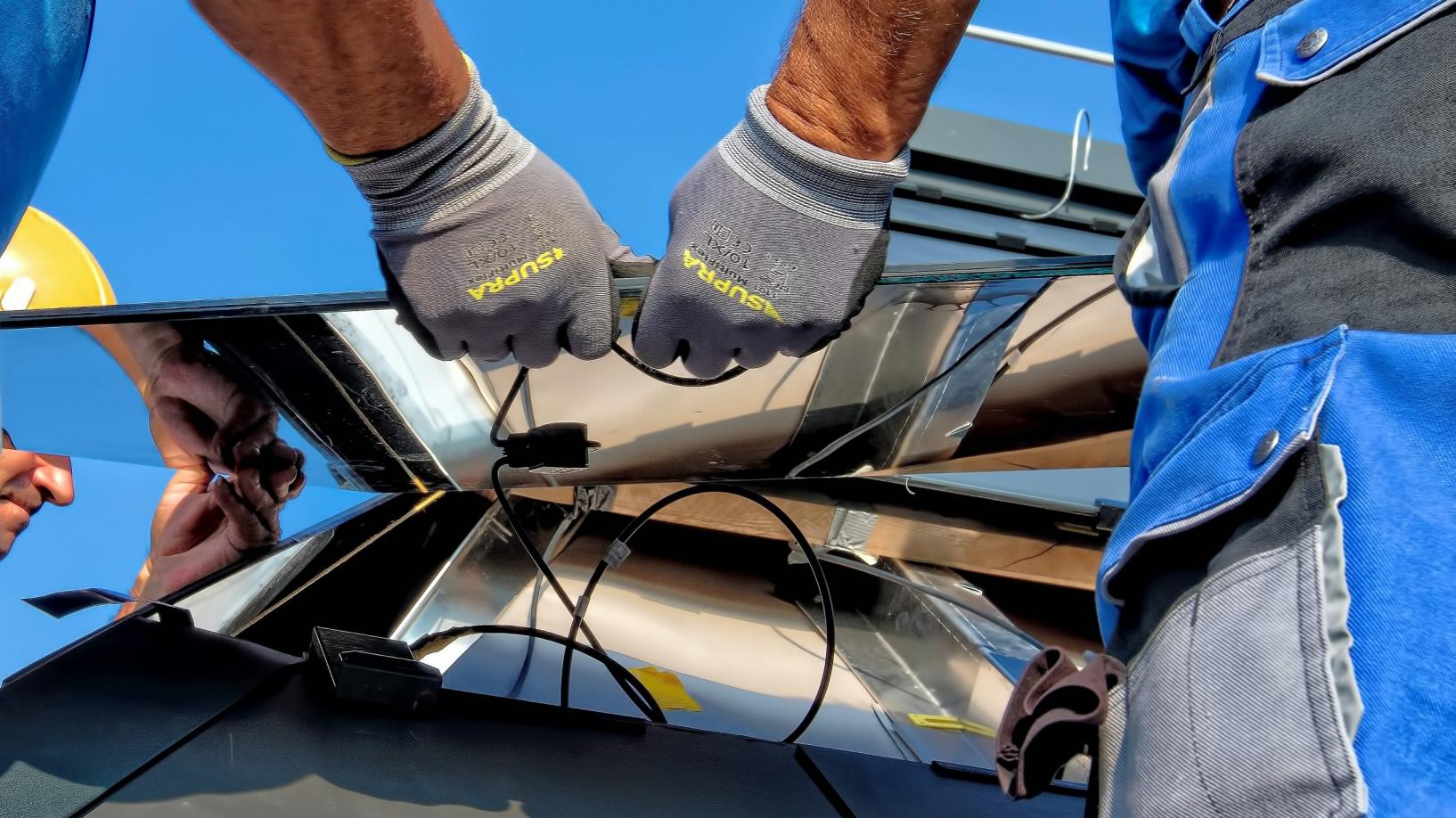From the CEO
If you’ve read a newspaper or turned on your radio in the past month you’ll know that the energy market has been in a state of disarray.
And while we’ve seen plenty of talk about the collapse of the market, what we are even more concerned about is a collapse in consumer trust and confidence.
Our eleventh Energy Consumer Sentiment Survey was released earlier this month. To measure the impact of recent events we decided to add a ‘Pulse’ report that captures what has changed since research for the main report was completed in April.
On every available measure we’ve seen a rise in concern and a collapse in trust. Only four out of ten Australians now say they have confidence in the energy market to look after their long-term interest.
Nationally, 88% of us are concerned energy will become unaffordable for ourselves in the next three years, while 95% are worried it will be unaffordable for others.
And 90% are concerned the system won’t be resilient enough to prevent future blackouts and outages.
The verdict is clear from consumers. What they have seen in recent weeks is not just the energy market failing; they have seen it failing them.
We say that’s a big problem. When consumers lose trust in the energy market they are inclined to disengage from it. And if we are going to have a successful energy transition, we need all Australians to play an active and constructive part.
System planners and operators are already making plenty of assumptions about what future consumers will invest in, how they’ll behave and what they’ll agree to.
They are betting people will be open to changing the time of day when they use certain appliances or when they send power from their rooftop solar to the grid.
They are betting that Australians will happily invest tens of billions of their own dollars changing from gas appliances to electric, buying EVs, batteries and solar panels and then using them in exactly the way that suits the system.
They are betting that ordinary people will be willing to host 10,000 kilometres of transmission that the Integrated System Plan says is needed to be built in, through and across their communities.
Are these good bets? When we ask consumers what they want, most tell us they want energy that is affordable, reliable and clean. They don’t expect to trade these things off against each other; they expect all three.
If that’s to happen, we need a change.
Just as we have recently been promised a national plan for the energy transition that all Energy Ministers have agreed to collaborate on, we also need a national action plan to support consumers.
I’m talking about a new energy grand bargain: A plan to detail how governments will help consumers by keeping their energy costs affordable and supply reliable over the next decade as we transition to a net-zero system. But also a plan that lays out what role consumers will be expected to play, whether it’s investing in new technology, changing their behaviour or allowing access to their energy resources to help balance supply and demand.
It’s not enough just to say what they’ll be expected to do. We need to have a plan for how to enable them to participate. A plan that takes into account what they want, what they expect and what they require before granting the social licence for these sweeping changes to happen.
We’re calling on energy ministers and energy system leaders to commit to such a plan. It should take as its starting point how we can use energy more efficiently, so that we don’t need quite so much investment in new infrastructure.
That means helping households become more energy efficient; upgrading appliances and insulating all of our millions of leaky, inefficient homes. It means well-designed mechanisms to not just encourage EV uptake but to make sure there is a massive charging network available, making it easy and cheap to charge your EV during the day when energy is plentiful.
And it means investing far more ambitiously in local storage, so that we are making the most of the cheap solar energy millions of Australians are generating during the day. Local storage is a hugely-important part of the puzzle. That’s why we were pleased last week to tour the community battery facility at the Yarra Energy Foundation in Melbourne. Projects such as this should be central to the energy future we are striving to bring about.
This month we are also making a splash with our grants program, announcing over $400,000 in new grants for projects designed to improve the experience of diverse groups of consumers in the energy system. We’re excited about these three new projects, including one that will help community swim schools use less energy and make the switch from gas to electricity.
Electrification and the transition away from gas is also the subject of our first Knowledge and Capacity Gap Report, published this month as part of our Grants Program.
This handy resource details the electrification challenge as we see it and provides a gap analysis around the research and advocacy work that is needed to help consumers navigate what is looming as a potentially difficult but ultimately necessary shift.
Reading it will help potential grants applicants identify the kind of questions we’d like to see addressed and the type of projects we are keen to fund. In coming months we’ll be publishing further gap reports on other subjects. For any researcher or advocate interested in receiving grants funding for us they will be an essential resource.
Our Grants Program is currently open for funding applications. We’d love to hear your ideas for projects that can help close these knowledge gaps and benefit consumers in our energy system.
Lynne Gallagher
Chief Executive Officer

